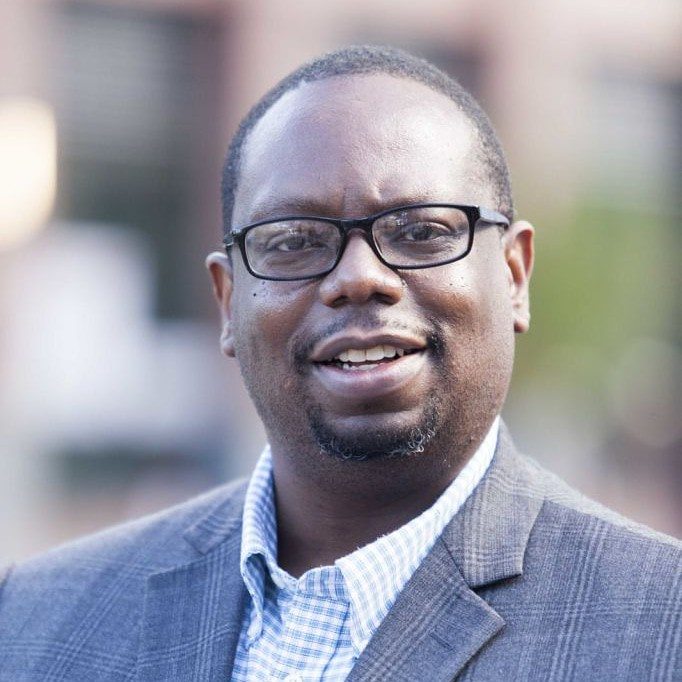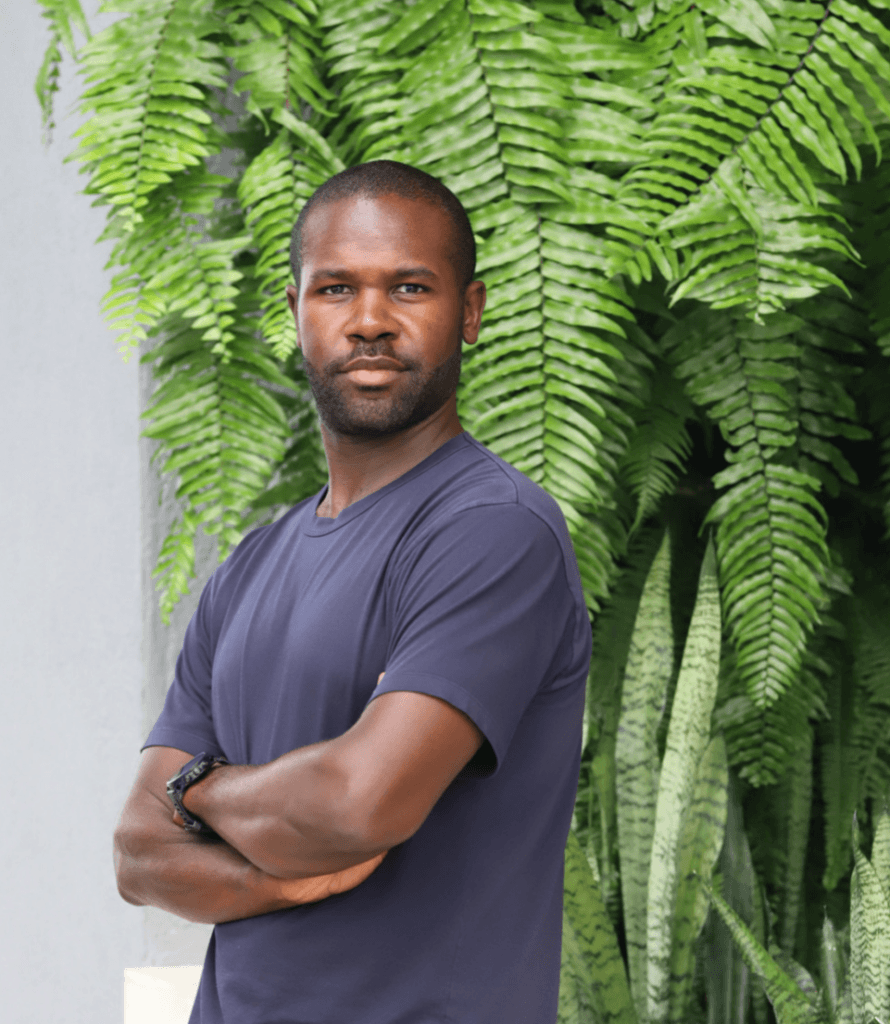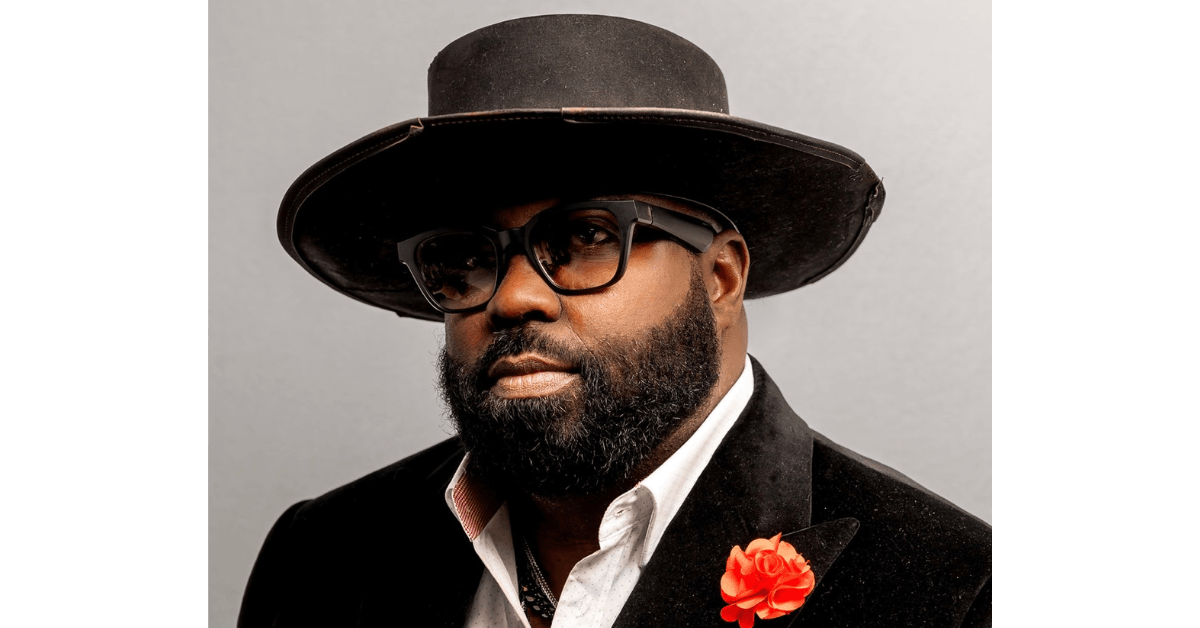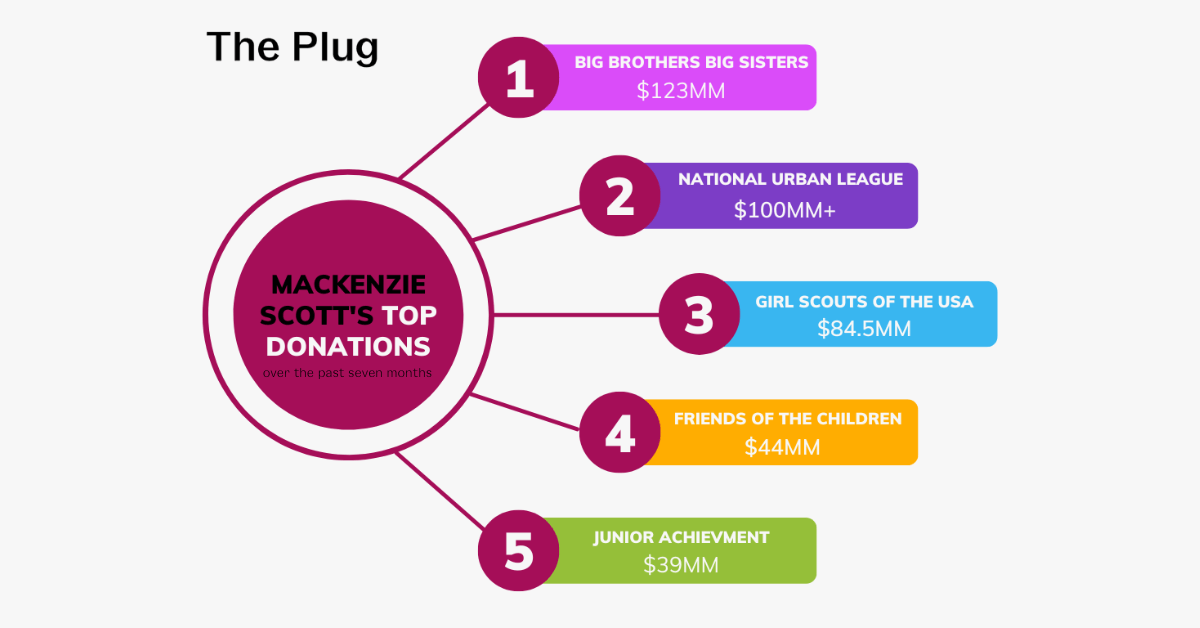KEY INSIGHTS:
- Venture capital investing in climate tech reached a record $56 billion in 2021 and experts say it will continue to grow in the coming years.
- Funds like Include Ventures and Green Power Ventures are led by Black investors who focus on providing capital to underrepresented green tech founders, funds and communities impacted by climate change.
- Other Black investors and fund managers focused on sustainability say there is a return on investment, economically and socially, even among climate funds without diversity mandates.
A growing network of Black investors is turning to green tech and climate tech investment. For many, it’s not solely an economic strategy. The Plug spoke with several Black investors and fund managers to understand why they are choosing sustainability.
Climate investment has seen a particular increase in the last couple of years — U.S. venture capital investment in climate tech reached $56 billion in 2021, an 80 percent increase from the previous year. And although investments slowed in 2022, the next few years are poised for exponential growth globally.
Taj Ahmad Eldridge says that when he started out in clean tech it was almost viewed as a dirty word. Climate investing is personal for Eldridge — he attributes his kidney failure to environmental factors from his upbringing.
“When I think about climate, it’s more than just about a return to me in a financial sense. It’s a public health issue that we’re tackling, it’s an economic issue that we’re tackling, it’s a social justice issue that we’re tackling. Communities of color and poor communities, white or Black, are the ones adversely impacted,” he said.
As Eldridge progressed in his career he noticed that many organizations focused on the intersection of diversity and climate were not led by people of color. This was the impetus for launching Include Ventures, a fund of funds and a direct investment venture capital fund, where Eldridge serves as general partner.
Include Ventures provided $100,000 grants to 10 BIPOC-led climate funds in the U.S. and Europe this year. One of those went to Tale Venture Partners, which co-led a Series A funding investment of $23 million to Black-led SparkCharge, a mobile electric vehicle charging network.
“I believe that the people in those communities can have their own solutions,” Eldridge said. “I wanted to fund Black and brown women and men who had the access to the capital to actually write the checks.”
Once founders are funded, Reginald Parker said that’s when he comes in.
“Once those technologies are developed and put into projects, I’m looking to fund the projects so that they can hit communities that will be ignored,” Parker, founder of Green Power Ventures, a fund seeking to accelerate climate resilience for the “overlooked and underestimated, told The Plug.

Parker is looking to finance HBCUs, faith-based organizations, low to moderate-income multifamily housing units and electric vehicle deserts.
“The folks that are hit in those particular communities and institutions usually are the first, worst and hardest hit, and money is not flowing to them,” Parker said. “We’re taking Black and brown technologies and bringing them to Black and brown neighborhoods.”
Identifying the gaps
Many companies funded during the clean energy boom over a decade ago were either unreasonably capital intensive or built for high-income consumers, Christa Williams, senior VP and principal of Citi Impact Fund’s investing team, told The Plug. Black founders saw this gap and many are now focusing on building businesses that serve a larger percentage of the population.
“There are many founders building companies that address the disproportionate impact of climate change on under-resourced communities which is both innovative and necessary. Still, Black investors are investors at the end of the day,” Williams said. “The climate sector has seen the highest growth in venture investments this year. Why would we sit this one out and not capture the long-term upside potential?”
One of the focus areas of Citi’s $500 million Impact Fund is sustainability, addressing carbon reduction and other climate solutions. The fund has also committed $50 million to Black founders that is not restricted to climate tech.

Williams led an investment in Black-led resource exchange platform Rheaply, which helps organizations reduce surplus materials and resources. When selecting portfolio companies, Citi looks at long and short-term solutions, and Rheaply is an example of a company where a more immediate impact can be seen, Williams explained.
“We actually have the capital to move the needle,” she said. “That supports not only our own goals and initiatives but also allows us to support the entrepreneurs building in this space.”
Nneka Kibuule, principal at Aligned Climate Capital, said that although she isn’t doing direct diversity investment, many of the founders Aligned Climate Capital has invested in are women or people of color. Of the nine companies in its investment portfolio, one is Black-led, UtilityAPI.
“It’s really important that if we’re trying to scale solutions nationally and internationally, the people leading these organizations look a lot like the people who need the solutions,” Kibuule told The Plug.
Multiple models with the same end goal
Black investors have identified not only diverse entrepreneurs but also a range of solutions that fall under the climate justice umbrella.
Founding partners of E²JDJ Corey Jones and Stephanie Dorsey found their way to climate investing through food. The venture capital fund focuses on high growth and early-stage technology transforming the food supply chain.
“We take a systems-level view when it comes to investing in this space because technologies don’t evolve in a vacuum. Food and agriculture are on the brink of a huge tech-led transformation and they are both changing more than most people can imagine,” Jones told The Plug.

The investment partners came to learn about the impact food systems have on planetary health due to greenhouse gas emissions.
Food production must double by 2050 as the world population grows, according to the United Nations, and traditional farming can’t keep up with the demand with the rise of global temperatures, Dorsey said. That’s why E²JDJ has invested in companies like Aigen, a solar-powered robotics platform that automates processes around soil health.
“The holy grail will truly be nature-positive solutions, which require us to go beyond damage limitation and instead focus on economic activities that not only minimize impact but also enhance ecosystems,” Dorsey told The Plug.
Even when climate funds do not focus on investing in underrepresented founders, many of their portfolio companies tend to also impact diverse communities.
Kiel Berry, managing partner at Mission One Capital, an early-stage venture capital firm investing in climate tech, told The Plug investing in Zevvy, an electric vehicle leasing provider, is an example of how his “thesis for climate tech and solving the inequality gap come together.”

EV prices are not affordable for mid-to-lower income consumers so Zevvy’s leasing model is for gig workers and people with long-distance commutes, all while reducing greenhouse gas emissions, Berry said. Transportation generates the largest share of emissions in the United States.
Outside of Include Ventures, Eldridge has also angel invested in a diverse mix of founders.
“The reason I also invest in companies that are not led by people of color is to influence those companies to hire people of color at the senior level, which I think is just as important,” Eldridge said.
The climate economy is growing and hiring demand is already here — thousands of jobs on platforms like Climatebase are open. Eldridge is leading a $25 million initiative from the Ares Charitable Foundation and Jobs for the Future to prepare and upskill individuals for climate-resilient jobs.
“A new green wealth is building and we want people to take advantage of that,” Eldridge said.
Why would Black investors like himself not focus on sustainability, Reginald Parker said. It saves under-resourced communities money while making funders money.
“If not me then who, if not now then when, and if not this then what? Climate change is a huge issue,” he said.








